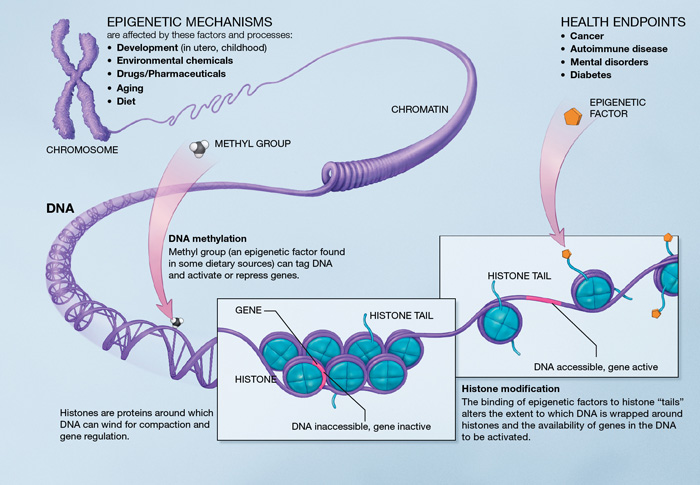AstraZeneca and MRC Technology are launching an initiative to find new epigenetic targets in respiratory disease. By picking promising academic research, the two parties expect to lock in new drugs for diseases like asthma.
![]() After partnering up with genomics elite for a new biobank, AstraZeneca is again preparing to tap into collaborations with academia. This time, the objective is to leverage new research in the field of epigenetics – the ‘next frontier‘ (after genomics) that even has its own ‘Illumina’ lined up.
After partnering up with genomics elite for a new biobank, AstraZeneca is again preparing to tap into collaborations with academia. This time, the objective is to leverage new research in the field of epigenetics – the ‘next frontier‘ (after genomics) that even has its own ‘Illumina’ lined up.
One institute that is already on board is MRC Technology (MRCT). This medical research charity started out in 2000 to aid technology transfer at the Medical Research Council (which famously pioneered monoclonal antibodies).

Together, the two are opening a call for researchers working in epigenetic mechanisms involved in respiratory diseases – such as chronic obstructive pulmonary disease (COPD) and asthma.
In addition, they are also interested in epigenetic modulators acting in biological pathways relevant to respiratory, inflammatory or autoimmune diseases.

The objective is to identify epigenetic pathways involved in disease and then develop a way to target them with new therapies. To achieve this, MRCT and AstraZeneca will provide access to their collections of small molecules and collaborate in preclinical development.
AstraZeneca explains the reason for its interest in this area with the fact that epigenetics is emerging an important player in chronic respiratory diseases. Since epigenetic mechanisms are reversible, they are good targets for therapies.
Feature Image Credit: AstraZeneca





